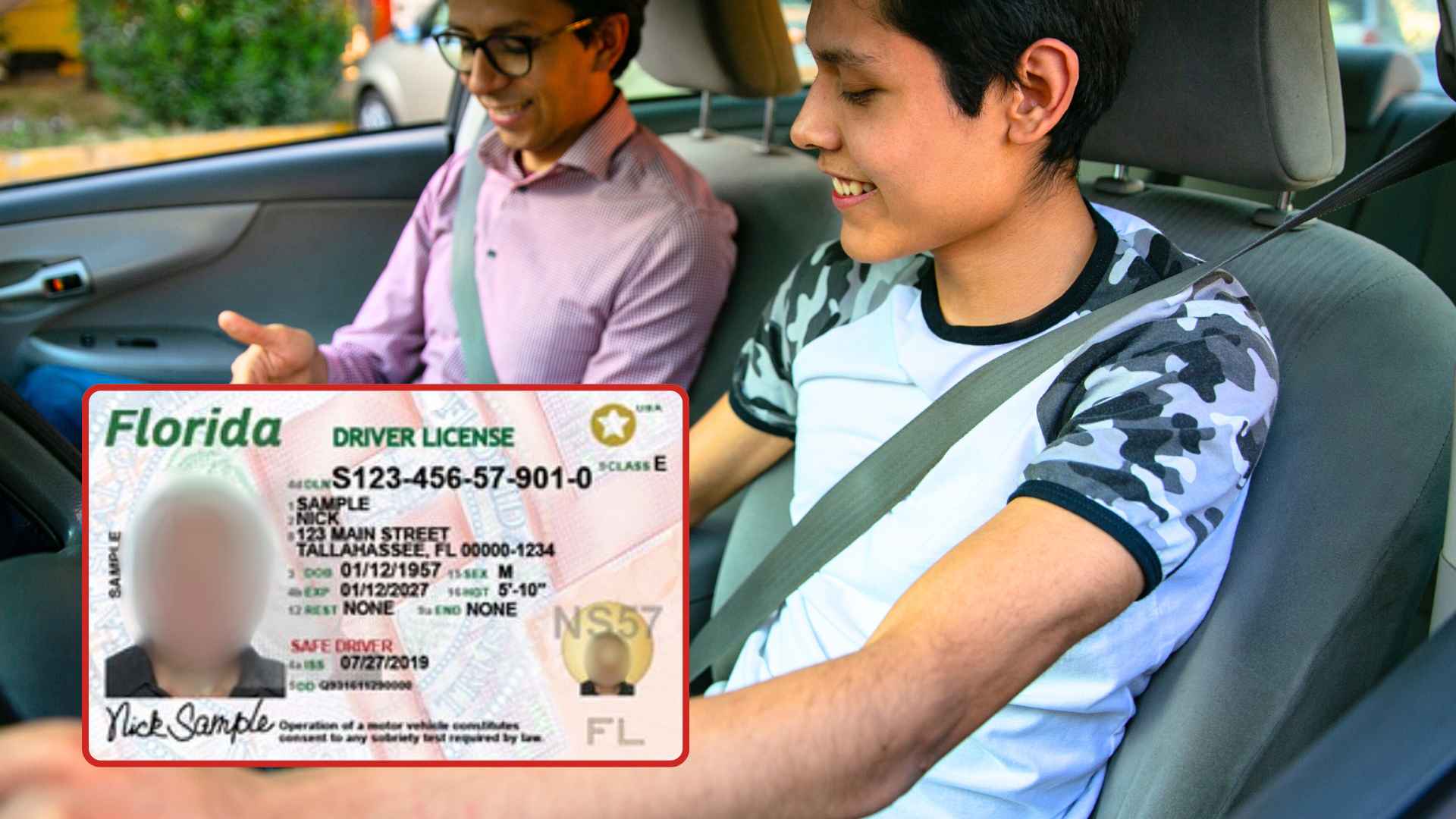Florida’s updated driver‑education law takes effect August 1, and families with would‑be teen motorists need to act fast.
A sweeping overhaul signed by Gov. Ron DeSantis now requires every learner aged 15–17 to finish a state‑approved 50‑hour Driver Education/Traffic Safety course—on top of the long‑standing four‑hour TLSAE class—before they may touch the wheel legally.
What exactly does the new Florida driver‑education law demand from 15‑ to 17‑year‑olds?
The short answer? More time behind the desk before time behind the wheel. Officials folded the new workload into Florida Statute 322.1615 through Senate Bill 994 after unanimous legislative support. The goal is simple yet urgent: curb the million‑plus teen‑related crashes logged in 2020. Here’s a snapshot of the must‑do items:
- Complete the 50‑hour classroom program endorsed by the Florida Department of Highway Safety and Motor Vehicles (FLHSMV).
- Pass state vision and hearing screenings.
- Secure written consent from a parent or legal guardian.
- Keep a licensed adult who is at least 21 in the passenger seat at all times during practice.
- Drive only in daylight during the first three months of holding a permit.
Slip on any step and your permit—or future license—could be history. Who wants that headache? Below, key dates, time commitments, and penalty triggers:
| Milestone | Deadline | What happens if you miss it? |
|---|---|---|
| Finish 50‑hour course | Before permit application | Application rejected |
| Vision & hearing test | Same day as course completion | Retest required; extra fees |
| Daylight‑only period | First 3 months of permit | Violation ticket; possible permit suspension |
| Adult supervision rule | Entire permit period | Automatic citation; license delay |
Mapping out your calendar now can save frantic calls later.
How parents, schools, and young motorists can meet every deadline without stress or surprises
First, check whether your high school has folded the new curriculum into its driver‑ed offerings—many, like Levy County schools, already have. No school option? Approved commercial providers list courses on the FLHSMV site.
Parents, think you’re off the hook? Not yet. You must log supervised practice hours, sign off on completion forms, and store copies in case the DMV asks. Teens, keep a simple driving journal; you’ll thank yourself when forms come due.
Wondering why Florida moved so quickly? Officials cite sobering crash data and parallel reforms in states such as Ohio, where lawmakers insist similar training makes “safer drivers for everyone.”

